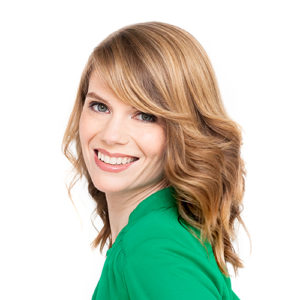Swedish Death Cleaning is sorting and paring down your belongings, making your home clean and orderly when you approach the end of your life, according to the book “The Gentle Art of Swedish Death Cleaning.”
Author Margareta Magnusson tells us that she is “between the ages of 80 and 100,” and that she has “death cleaned so many times for others, I’ll be damned if someone else has to death clean after me.”
“Do not ever imagine that anyone will wish — or be able — to schedule time off to take care of what you didn’t bother to take care of yourself. No matter how much they love you, don’t leave this burden to them,” she writes.
As a professional organizer, I have been hired many times to help adult children who have inherited all of their parents’ belongings, and I have seen the emotional, physical and financial toll this takes on those adult children. As we go through the sorting/deciding process together, these clients experience the gamut of emotions from sorrow over their parents’ passing to anger at being left with this Herculean task to guilt over choosing to discard things that the parents’ valued. I can understand why Magnusson chose to write a book about how to free families from the clutter and stress.
So when should you do your death cleaning? She advises us to death clean in our mid-60s, while people are still able to manage the physical demands of sifting through possessions. Throughout the book, she gives many ideas for how to choose what to keep and what to let go of. The text in the image above is one of her clever ideas for figuring out how to make decisions about memorabilia-related letters and photos.
Magnusson sprinkles words of wisdom throughout the book, which help the reader look at their things in a new light: “If you can’t keep track of your things, then you know you have too many.”
This nugget of wisdom appeals to my organizer’s pragmatic side: “You can always hope and wait for someone to want something in your home, but you cannot wait forever, and sometimes you must just give cherished things away with the wish that they end up with someone who will create new memories of their own.”
Death cleaning isn’t just something considerate we do for our families. It’s also something we do for ourselves. Death cleaning allows us to appreciate what we have and consider how it fits into the tapestry of our life. It enables us to see the whole picture of our story and our lives, she writes.
“One’s own pleasure and the chance to find meaning and memory is the most important thing. It is a delight to go through things and remember their worth. And if you don’t remember why a thing has meaning or why you kept it, it has no worth, and it will be easier for you to part with.”
This organizer declares that sound advice!
If you are ready to do some death cleaning in your home or if you are adult child who is overwhelmed by the amount of family possessions you have inherited, please reach out to us here at reSPACEd. We have 10 years of experience helping people in your exact situation get organized, and we would love to lend a hand.
Like this post? Then like our Facebook page or follow us on Instagram or Pinterest. In need of professional organizing services in the Portland, Beaverton or Lake Oswego area for your home or office? Contact us for a low-cost assessment and get an estimate on your project here.

